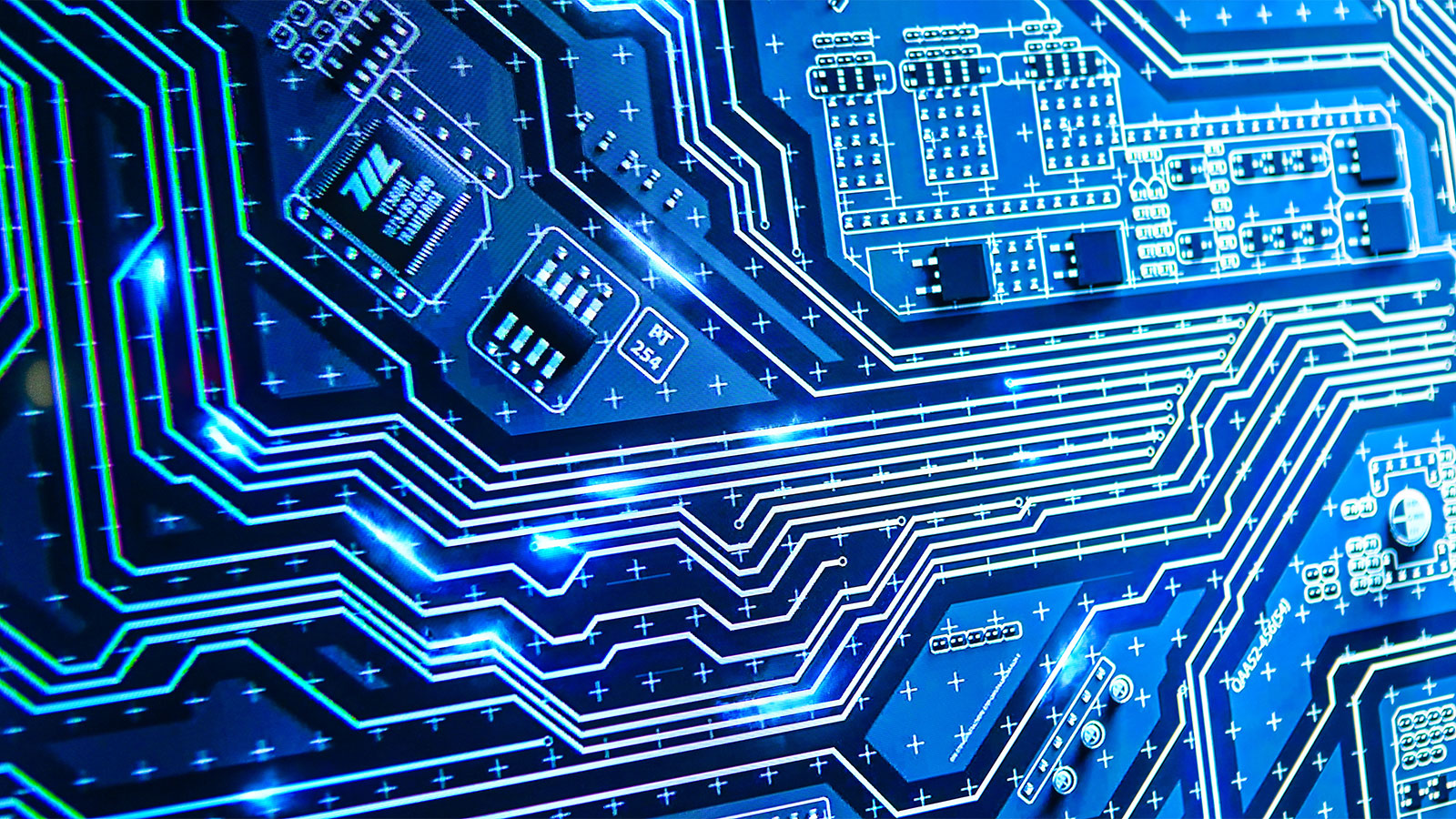
A computer is a device capable of manipulating data and numbers using programming methods. It has at least one processor unit, memory, and input/output devices.
What are the Types of Computers Out There?
Many types of computers are optimized for different tasks, such as those made for browsing web pages or those designed to process vast amounts of data very quickly. Computer processors have become more potent in recent years, with capacities ranging from 4 to 18 cores, which means it’s no exaggeration to say that manufacturers can now create computers with up to 180 times the power of the world’s first silicon-based computer — which was created in 1950 — by combining multiple processors on a single board.
What Happens Inside a Computer?
Most of the time, processors execute computer programs, which are instructions designed to act on a given input data. The processor manipulates data by carrying out a series of operations, usually binary calculations. It’s responsible for controlling programs, fetching and interpreting instructions, processing input and output data, managing the input/output peripherals, and communicating with other devices.
What is the Difference Between Analogue and Digital Systems?
Analog computers use continuous signals that vary in strength or voltage, whereas digital systems use strings of 0s and 1s to represent information. Digital technology uses binary codes to store and transfer data, whereas analog systems use continuous variations in voltage.
Modern computers contain microprocessors, software, and memory devices used to perform these functions. Computers can store, retrieve, manipulate and communicate information. Computers help perform calculations, manipulate data, and run different software applications.
Importance Of a Computer
- Internet Browsing. Anyone can access news, educational material, and many other resources through internet browsing. Browsing the internet is now easier than ever before with the availability of laptops and mobile phones.
- Entertainment
Thousands of people across the globe now rely on computers for entertainment purposes. They do this through watching television shows and movies, playing music, visiting virtual worlds, and even gambling through online casinos.
- Communication
Computer technology has transformed communication throughout the world by enabling users to connect in ways never possible before.
- Saves Time and Money.
Computers save both time and money by making it possible to perform a range of tasks that would otherwise be very difficult, if not impossible, to do manually. Because computers can calculate, compile and process large amounts of data quickly, they are used in many applications such as manufacturing, data processing, and record-keeping.
- Innovation
Computer technology has also stimulated creativity, innovation, and scientific discovery worldwide by providing people with access to new information on-demand via the internet.
